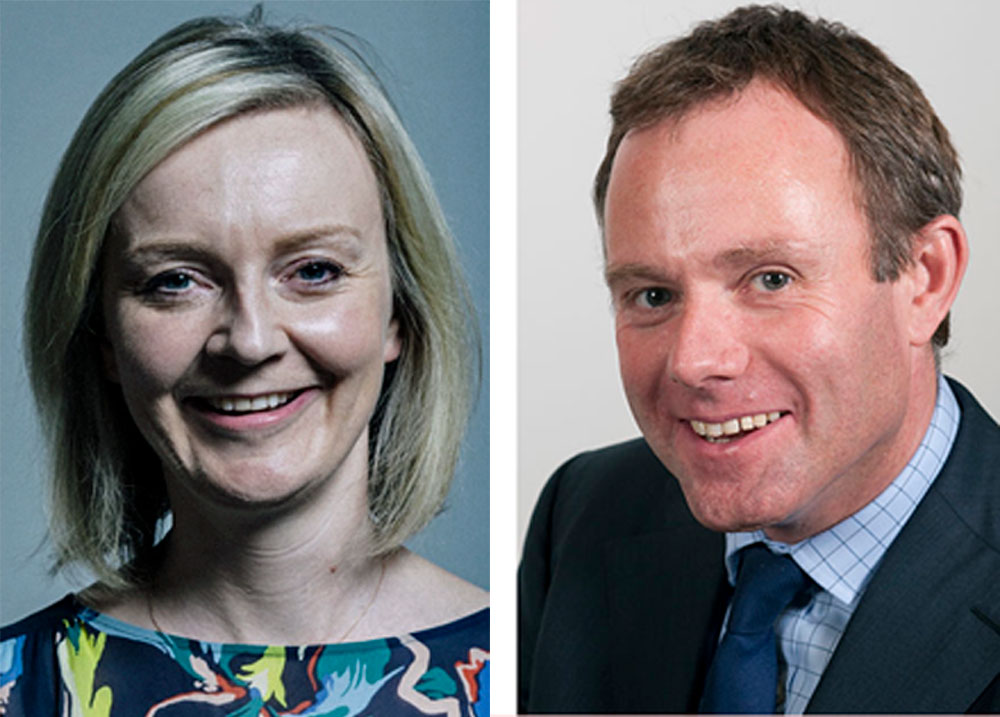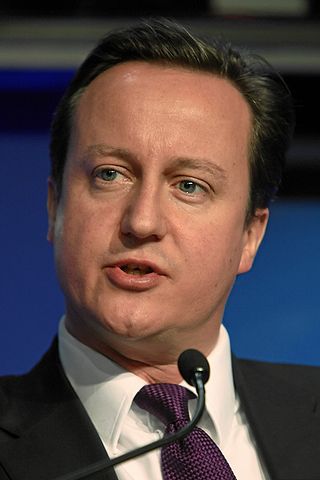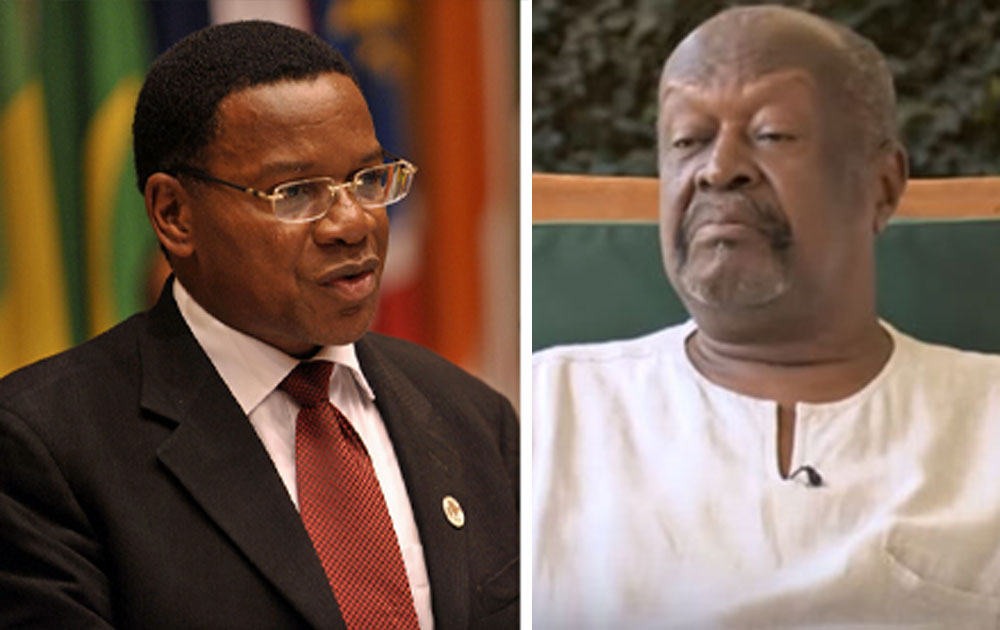The United Kingdom has scheduled a global conference for next year to “tackle” inequality facing LGBT people around the world. The conference chair said he hoped “soft power” would lead to improvements in the lives of LGBT people — which suggests that the U.K. may have learned a lesson from its unsuccessful heavy-handed tactics of the past.

Liz Truss (left), the U.K.’s equalities minister, and Nick Herbert (Lord Herbert of South Downs), the chair of next year’s Safe to Be Me conference. (Photos courtesy of WIkipedia)
The conference, named “Safe To Be Me: A Global Equality Conference”, is planned for June 27-29, 2022, in London and online.
It “will bring together elected officials, policy makers, and the international LGBT community including activists, experts, and civil society to protect and promote the rights of LGBT people around the world”, said Liz Truss, equalities minister for the U.K.
“This conference will take aim at the prejudices LGBT people still face, and look at the collective action we can take to tackle those injustices alongside our international friends and partners”, Truss said.
Conference organizers noted that “across the world, 69 countries still criminalise consensual same-sex acts.” (Click here for this site’s list of 71 nations and territories with such anti-gay laws.)
Conference chair will be Nick Herbert (Lord Herbert of South Downs), newly appointed by Prime Minister Boris Johnson as the U.K.’s Special Envoy on LGBT Rights.
Herbert stated that “With our immense soft power, and as a global force for good, the U.K. has an important role to play in leading international efforts to tackle the violence and discrimination against LGBT people, which should have no place in the modern world.”

In 2011, then British Prime Minister David Cameron threatened to withhold foreign aid to nations with anti-gay laws.
Other than the reference to “soft power”, the announcement of the conference did not specify what sort of collective action the gathering might pursue, nor did it address the issue of how Great Britain, as a former colonial power, could persuade former colonies to repeal anti-gay laws that the British Empire originally imposed.
It also did not mention the widespread resentment and pushback that then Prime Minister David Cameron encountered in 2011 when he threatened to cut aid to countries that didn’t repeal their anti-homosexuality laws.

Among the many critics of then Prime Minister David Cameron’s 2011 threat were Tanzanian foreign minister Bernard Membe (left), who said, “Tanzania will never accept Cameron’s proposal because we have our own moral values” and Ugandan presidential advisor John Nagenda (right), who said Cameron’s “bullying mentality” was “very wrong”. (Photos courtesy of Wikipedia and The Independent)
The U.K. plans to prepare for the conference in coordination with Argentina, which is co-chair with the U.K. of the 41-nation Equal Rights Coalition, and with Cyprus, which is co-host of the Council of Europe’s LGBTI Focal Points Network IDAHOT+ Forum.
LGBT rights advocates welcomed the plans for the conference but criticized the U.K. for falling short of the ideals it preaches.
“The prime minister should deal with some of the huge issues facing LGBTQ+ people here before holding the U.K. up as a bastion of progress,” said author/advocate Amelia Abraham. “The U.K. government should stop asking us to vote on whether gay conversion therapy should be banned, as if that’s a question at all. They should also make it legal to have a third gender option on passports – like dozens of other countries around the world do – in order to legally recognise the thousands of non-binary people living here, who were also ignored on the census.”
COMMENTS